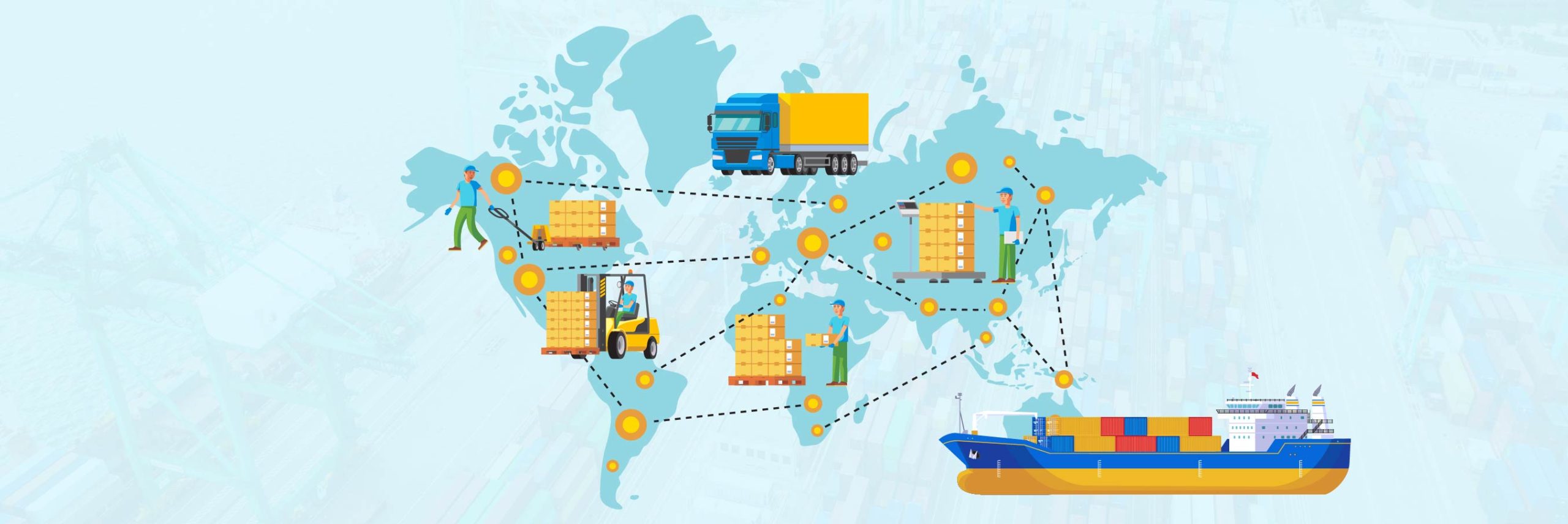
29 Dec Preparing for unprecedented situations with Maritime Single Window
Having weathered the storms of Covid-19 and the Ever-Given blockage in the Suez Canal, maritime trade has been impacted by an unprecedented heatwave in China, which has caused disruption to vital logistical routes. At the UK port of Felixstowe – which handles almost half of container freight entering the UK – ships have been unable to dock due to worker strikes. Several ongoing problems continue to bite hard, such as the soaring costs of fuel, the rocketing prices of containers, and staff demands for wage increases. Boosting resilience within shipping is seen as tough due to the lack of alternatives and because its operations rely on many independent factors going right. While the business is getting back to normal, regulatory authorities in the maritime industry are now insisting on having a robust mechanism that offers a reliable and uninterrupted supply chain even during challenging times.
In May 2022, the International Maritime Organization (IMO) announced fresh amendments to the existing FAL Convention. Port authorities, governments, and other regulatory bodies associated with the Maritime trade are deemed to compulsorily follow these rules before 01 January 2024.
What does the mandate emphasize?
The amendment made to the FAL mandate emphasizes keeping the supply chain active even during challenging and unprecedent times. The FAL Convention contains standards and recommended practices and rules for simplifying formalities, documentary requirements and procedures on ships’ arrival, stay and departure.
What is required to ensure the same?
To ensure the seamless functioning of the global supply chains and facilitation of safe and efficient operations of maritime transport it is mandatory to automate the business functions and reduce manual intervention to the possible extent. Digitalisation is a big lever for the industry to create a moat against these types of global shocks. A digitally connected community of ports, shipping lines, customs, immigration, port health, and other government bodies will be enabled to combine or coordinate the electronic transmission of the data to ensure that information is submitted/provided only once and reused to the maximum extent possible. All data is in conformity with internationally agreed standards.
Maritime Single Window – The optimal solution?
IMO’s Maritime Single Window which is the outcome of the FAL convention is working to ensure shipping can embrace the digital revolution – while ensuring safety, environmental protection as well as cyber security. With MSW – shippers, ports and logistics stakeholders working together will be vital for enhancing the efficiency and sustainability of shipping and therefore facilitating trade and fostering economic recovery and prosperity
Sustainability with technology
Studies by the IMO-Norway GreenVoyage2050’s Global Industry Alliance show just how valuable exchange of information can be to reduce emissions. Just-in-time (JIT) arrivals allow ships to optimise speed during their voyage to arrive in port when berthing, fairway and nautical services are available. The benefits of data sharing are showcased by multiple studies. For example, containerships can reduce fuel consumption and resulting carbon dioxide emissions by 14% on a per voyage basis using JIT arrival, according to a 2022-published study.

